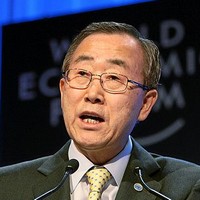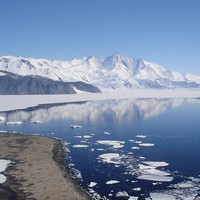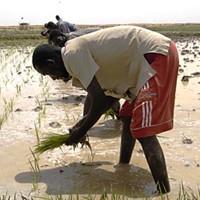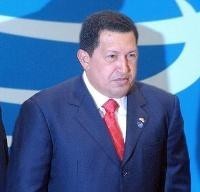
China’s restriction of global access to its deposits of rare earth elements starting in 2010 changed the status of these materials in the global economy, creating new diplomatic alliances across Asia and increasing the importance of mining in trade agreements. A series of trade agreements in Central and Southeast Asia, announced over the past month, reveal the ways manufacturers and mining conglomerates are coping with potential shortages two years after China’s rare earth consolidation. Nevertheless, difficulties inherent to extraction and processing mean that delays will hamper access to new sources of rare earth supplies even when supported by strong investments. […]












